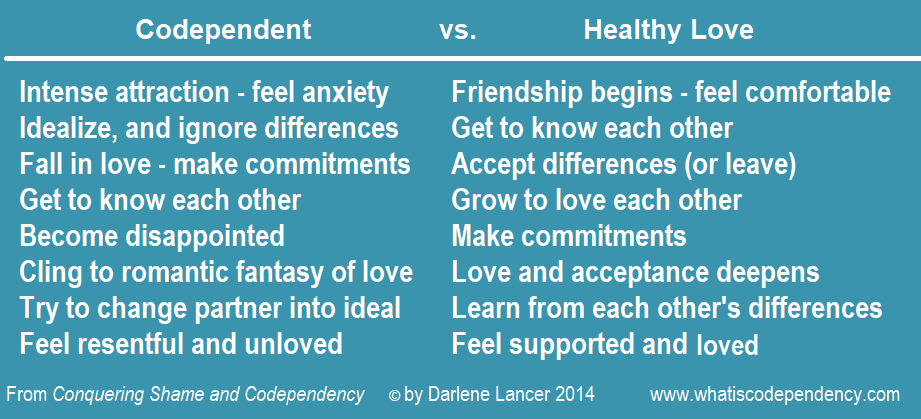It is estimated that romantic love which is linked with euphoria dependence sweaty palms butterflies and alike only lasts about a year after that first year begins the so called committed love stage

The Lifespan of Romantic Love: Unveiling the Truth

Romantic love, with its enchanting allure, is a captivating experience that can make our hearts flutter, palms sweat, and stomachs filled with butterflies. It is a time of euphoria and intense emotional connection that seems to envelop our lives. However, recent research suggests that this ecstatic period of romantic love may have a limited duration, lasting only about a year. Once this initial year comes to a close, couples often transition into what is commonly referred to as the “committed love” stage.
Researchers have discovered that the intense feelings of new love are associated with a surge of neurochemicals in the brain. Dopamine, a neurotransmitter implicated in reward and pleasure, floods the brain during the early stages of romantic love. This biochemical euphoria could explain the heightened emotions, obsession, and near-obsessive thoughts about one’s partner commonly experienced during this period.
However, as time passes, the levels of these feel-good neurotransmitters - such as dopamine and oxytocin - begin to stabilize, bringing an end to the initial stage of romantic love. While this might seem disheartening, it is important to note that this transition is a normal part of the human experience. It marks the beginning of a deeper, more profound connection that characterizes committed love.
In the committed love stage, the relationship shifts from the passionate, all-consuming aspect of new love to a more stable and secure bond. This stage is often characterized by a stronger sense of companionship, trust, and mutual understanding. Couples in this phase are less focused on the intense emotions of early love and more concerned with building a life together based on shared values and goals.

While the onset of committed love might signify the end of the honeymoon phase, it does not imply the absence of romance or passion. Instead, it invites couples to explore new avenues for deepening their connection. This phase requires a certain level of effort and commitment from both partners to maintain and nurture the relationship’s growth.
Understanding the natural progression from romantic love to committed love can help couples navigate this transition with grace and resilience. It’s important to remember that every relationship is unique, and the duration and intensity of each stage can vary significantly. Some couples may experience a longer period of romantic love, while others may transition more quickly into committed love.
While research provides valuable insights into the stages of love, it is essential to acknowledge that the complexity of human relationships extends beyond scientific measurement. Love is a profoundly personal and subjective experience, influenced by various factors such as individual personalities, shared experiences, and external circumstances.
In conclusion, it is estimated that the initial phase of romantic love, characterized by euphoria, dependence, sweaty palms, and butterflies, typically lasts around one year. After this period, couples often enter a new phase known as committed love, where their connection deepens into a more stable and companionate bond. Understanding and embracing the natural evolution of love can contribute to the growth and longevity of a fulfilling relationship.
Source: BBC : How long does romantic love last?
Tags
Share
Related Posts
Quick Links
Legal Stuff

